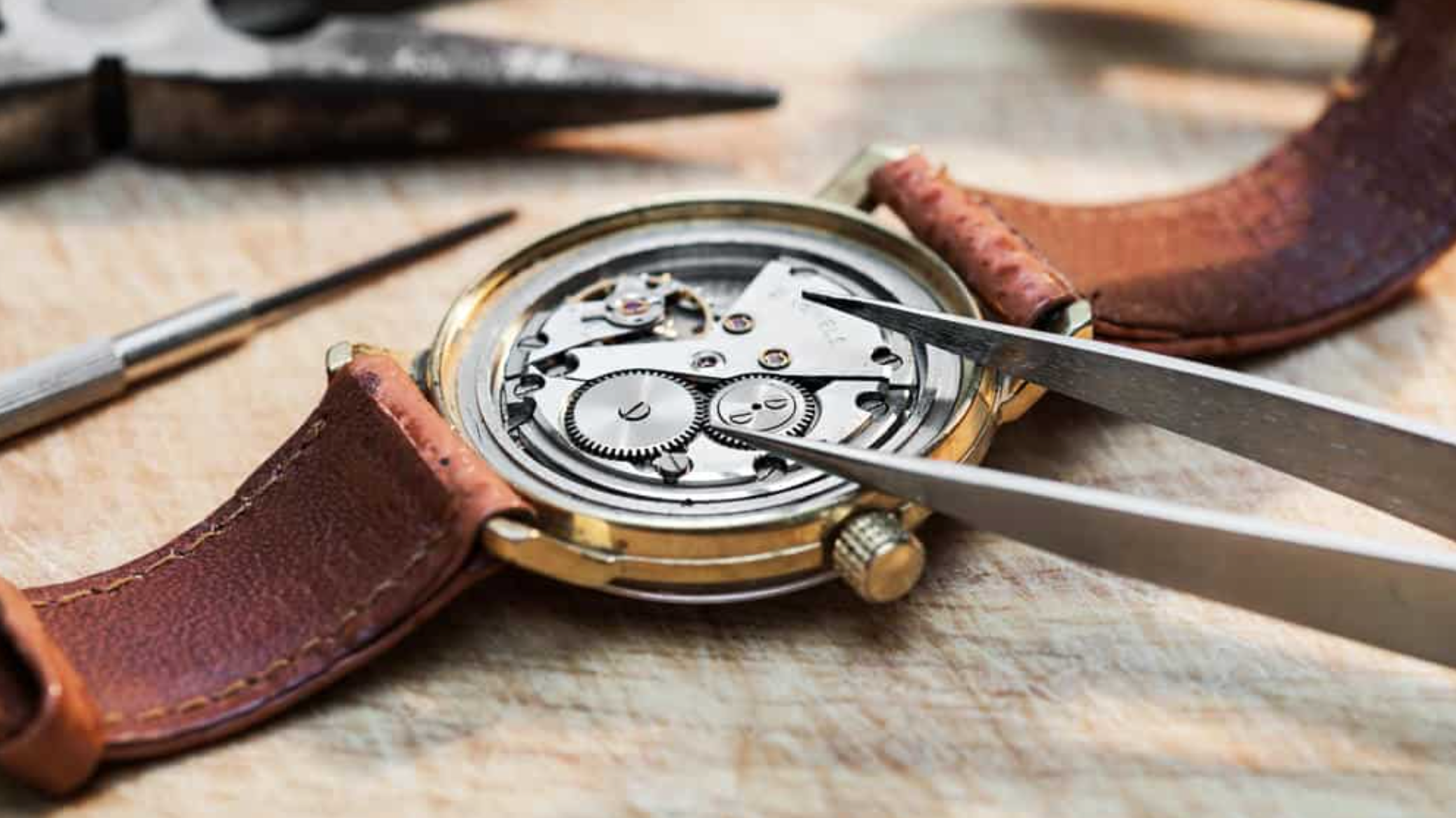They say god is in the details — But is he?
An analysis of why I stopped being so nitpicking and started practicing the art of trust.
It is so complicated to put a robust, sexy and consistent title to a random blog post whose only purpose is to entertain its readers while also untangling the many chapters in my professional career, one that has been mainly dedicated to learning and relearning constantly.
The title is just an excuse to make a point about the importance of detail, from the perspective of someone who stares at a screw and thinks about the machine it is part of, not only the screw itself: minuscule, complicated and perfect. Let’s go back in time a bit, shall we? I have always been a hungry student who put the extra effort to polish every detail to every presentation. Without being a designer, I remember I always took care of margins around the pages, as if my grade depended on how words danced in my professor’s brain, to the beat of the periods, the commas and those damn margins.
For many years I nourished everything as if it was a precious and delicate flower. People that know me a little more can give faith to this statement whenever they visit my apartment, and indeed this meticulous state of mind has given me the gift of order to carry out my daily tasks in a timely manner. So far so good, right? Where it gets tricky is when this hunger to achieve perfection and pulchritude starts to permeate into other aspects of my life, more specifically at work, with my tbpmx colleagues. That is where this trait stops being endearing and gets annoying: “what if we change this color?”, “what if we rethink this icon?”, “what if we move this a little to the right?”, “what if?”, what if?”; eye-roll.
Now, I go back to god and details, those that I thought should always be taken care of and never —EVER— be forgotten. With this mindset, I fought many fights with more or less the same outcome: I was the one who was wrong.
Almost eight years after I had my first creative dialogue, many things have happened and many mistakes have been made. Now it’s clear to me that this obsessive micro-management was one of my most absurd traits. It really took me nowhere and it hindered me from creating strong emotional bonds with my peers. By switching mindsets and trusting my people —instead of micro-managing them— I’ve found that the solutions we come up with as a team are more consistent and well rounded.
From then on, I’ve been constantly practicing the art of letting go. Giving my crew freedom and trust to develop projects on their own is something that I now enjoy. Applying this philosophy gives the team a sense of ownership and accountability to every project and tightens our bond as a studio.
Aside from a great sense of peace, this change of mentality has given me a lot of free time to do a thousand things more than at the beginning I didn’t even think were gonna happen while managing a company. Allowing myself this freedom gave me the chance to focus on the fundamentals so this ‘machine’ keeps moving and growing.
There is a quote I like: “if you waste time staring at the trees, you will never see the forest” which couldn’t apply more to the context of this post, this business, any human relationship, any routine. It is so hard to find the inflection point where you see yourself trying to control everything and you say ‘stop’. When you find that point, life will be much more satisfying and results will be more congruent with your beliefs.
Just remember, god is not in the details.



